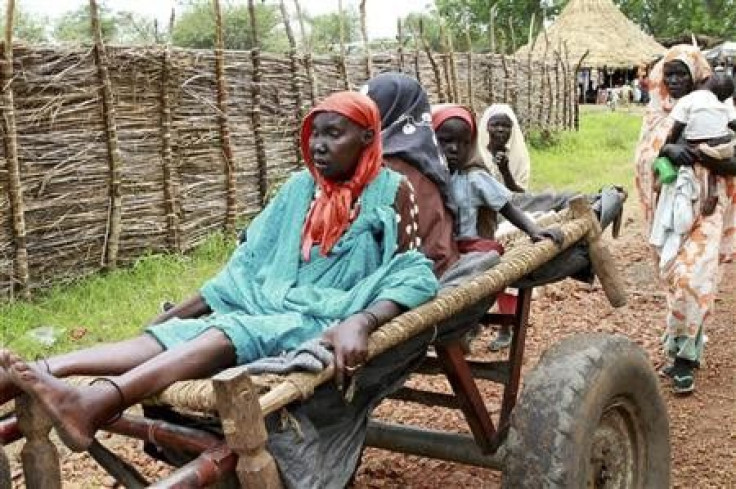Fighting Cholera, Ebola, And Hepatitis-E In Africa, Local Governments Reach Out To U.N. For Help

Hepatitis E has killed 16 people, including five pregnant women, in refugee camps for Sudanese who have fled to South Sudan.
The U.N. announced on Friday that they are working with the South Sudanese government to control the spread.
The refugee camps currently hold an estimated 170,000 people who have fled Sudan. In the Jamam camp, where 13 of the Hepatitis E deaths were reported, there are 20,000 refugees, and an additional 255 cases of jaundice syndrome were recorded.
The U.N. High Commission for Refugees estimates that about 30,000 more people will cross into South Sudan by the end of the year. The refugees are fleeing continued violence and famine in Sudan.
A spokesman for UNHCR, Adrian Edwards, told reporters that the population at the three affected camps are particularly vulnerable because they are young.
"Hepatitis E hits young people between the ages of 15 and 40 hardest. In the three camps where we see refugees with acute jaundice syndrome, more than half are between 20 and 39," he said in Geneva.
"Hepatitis E is particularly dangerous for pregnant women; their death rate can be 20-25 per cent."
According to the World Health Organization, the hepatitis E s a liver disease caused by the hepatitis E virus: a non-enveloped, positive-sense, single-stranded RNA virus. The virus is transmitted principally by contaminated water. There are about 20 million hepatitis E infections recorded every year, over three million acute cases of hepatitis E, and 70, 000 hepatitis E-related deaths.
UNHCR and WHO said flooding due to heavy rains, surface water contamination and poor camp sanitation are contributors to the problem.
Further raining and flooding in West Africa also worsened an outbreak of cholera that has killed over 1,000 people this year. On September 5th, the U.N. similarly announced that the World Health Organization and Doctors Without Borders was working the authorities in the Democratic Republic of Congo to combat an outbreak of Ebola that had killed 14 people.
© Copyright IBTimes 2024. All rights reserved.












